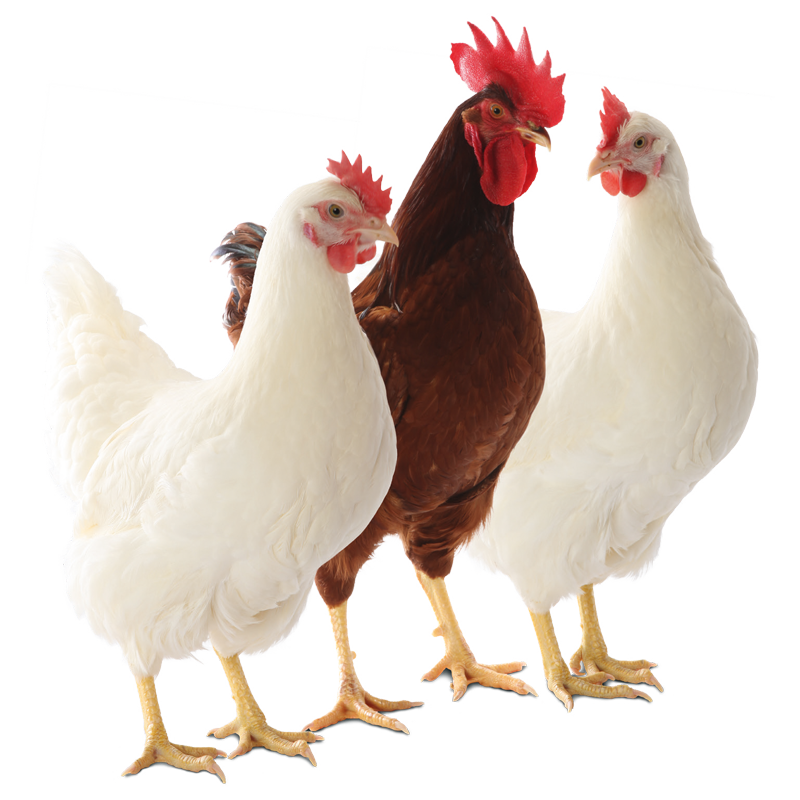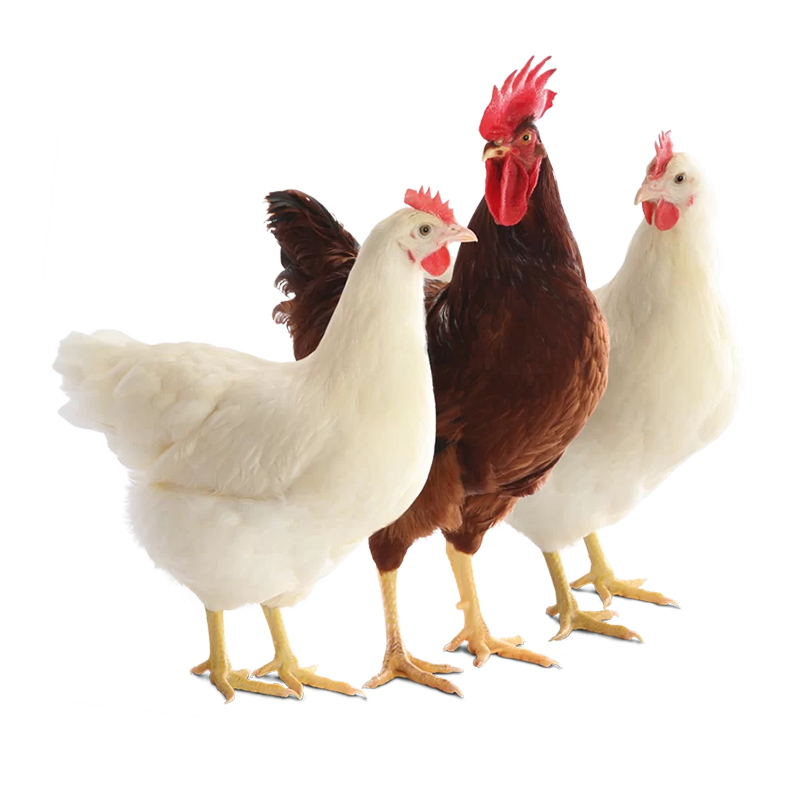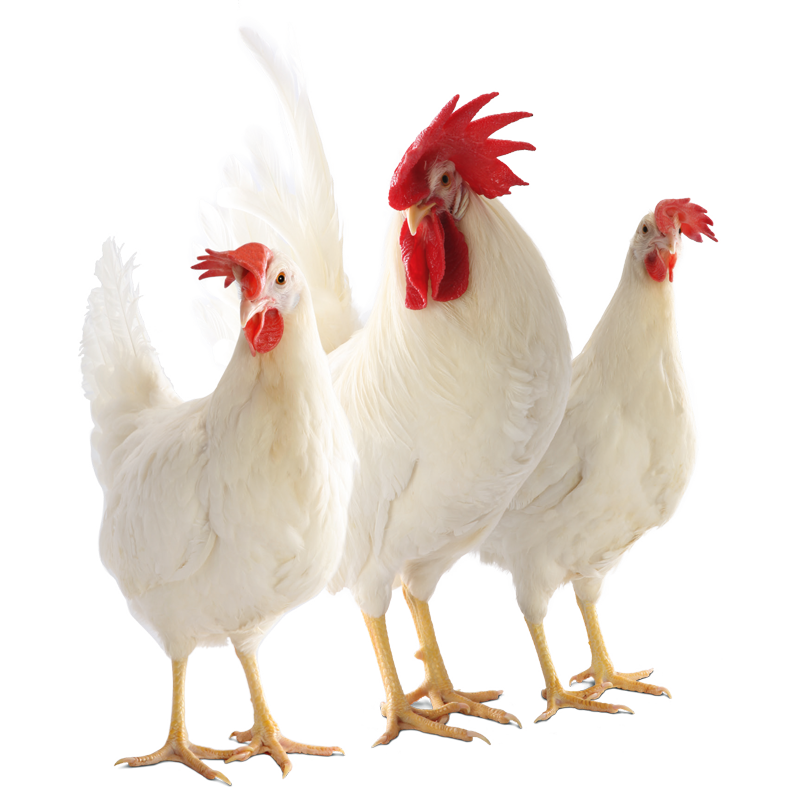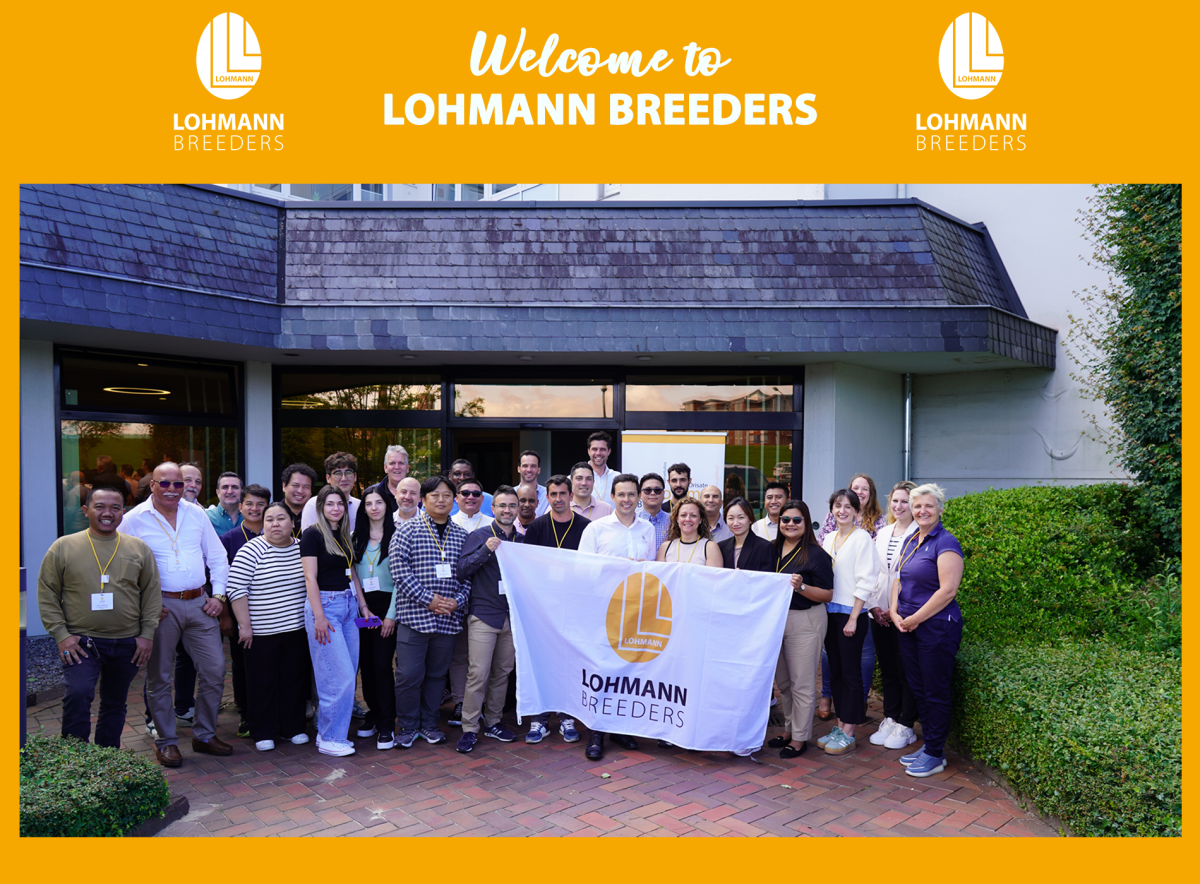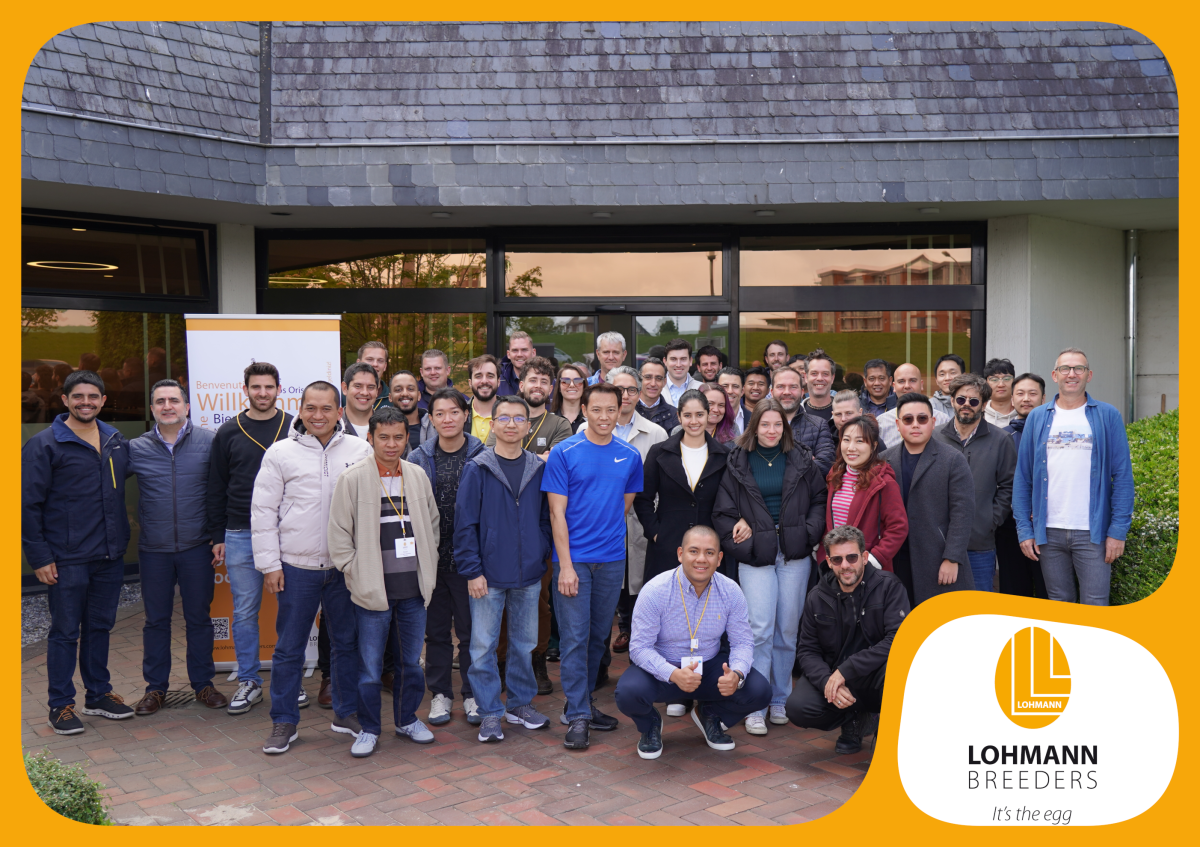Sri Lanka, formerly called “Ceylon”, has a very special place in the history of poultry domestication with its “Gallus lafayetii” or “Ceylon Jungle fowl” being one of the ancestors for the present day poultry breeds. However, the poultry industry in Sri Lanka only has a brief history as this began just a few decades ago. During the past 2 decades, the presence of native backyard type poultry breeds have been declining with the availability of present hybrid chicks in the rural areas due to the rapid growth of the poultry industry.
About 70 % of the contribution to the livestock sector in Sri Lanka is made up of chicken meat and eggs. With the current purchasing levels of consumers, the industry is capable of producing a considerable amount to meet the local requirements for chicken meat and eggs. These are relatively cheap as compared to other animal products. Poultry products are now the most consumed source for animal protein in the diet of the average Sri Lankan as the industry today is in the hands of the private sector The village chicken contributes to about 15 % of the total egg production in the nation.. They are reared mainly for the production of eggs since they have low growth rates. The village chicken is reared both in the rural and suburban areas, however, they are frequently found in the rural villages of Sri Lanka. The average flock size varies from 5-10 birds. At present, the poultry industry is growing as a lucrative sector despite minor constraints.
The industry is capable of meeting a considerable amount of local requirements for chicken meat and eggs. Being the cheapest source of animal proteins, poultry has contributed largely to the source of animal proteins so much so that the government has even declared chicken meat as an essential food commodity in 2006.
LOHAANN EXClUSIVE CUSTOMER NELFARMS STORY
The origins of NelFarm (Noorani Estates Limited ) began in the coconut estate in Walahapitiya Nattandiya where the company diversified into dealing with livestock due to the seamless demand of poultry products. Today, the core business is poultry which is fondly known as NELFARMS.
NELFARMS is an integrated poultry business with its own breeder farms and hatcheries. These produce both commercial layers as well as commercial broiler day-old chicks. NelFarms is one of the largest poultry producers in the country.brief History. Noorani Estates Limited was incorporated in 1942 and the main objective of the company was plantation management. Among the many estates that were owned by the company at the time was a 600 acre coconut estate in Walahapitiya, Nattandiya.
In 1974, the company decided to move its focus into poultry production and dairy farming.
In 1975, Seven Hills Limited was incorporated as a whollyowned subsidiary of Noorani estates Limited.
In 2003, Mangala Eliya, which was a 50-acre coconut land located in the Puttalam District, was purchased for the purpose of expanding the commercial layer operation.
In 2008, a state of the art commercial layer farm was established with the most modern technologies in Seven Hills Farm.
In 2009, the breeder business expanded and became of the leading breeder farms on the island.
In 2012, first batch of Lohmann Brown Classic was incorporated as a layer breed in the company.
Today, NelFarms is one of the largest producers of ‘day-old chicks’ and the largest, fully-integrated producer of ‘table eggs’ in Sri Lanka.
Noorani Estates Limited or NelFarms, as it is more fondly known, is one of the largest poultry farming operations in Sri Lanka today. NelFarms is one of the pioneers in catering to the protein requirements of the whole nation by supplying clean, safe and high quality table eggs, island wide. The continuous development of NEL is assured due to its committed management team, skillful work force and the usage of cutting edge technology. NEL is a responsible corporate organization and makes a substantial contribution towards the domestic economy.
Dr. Manoranjan Sharma
